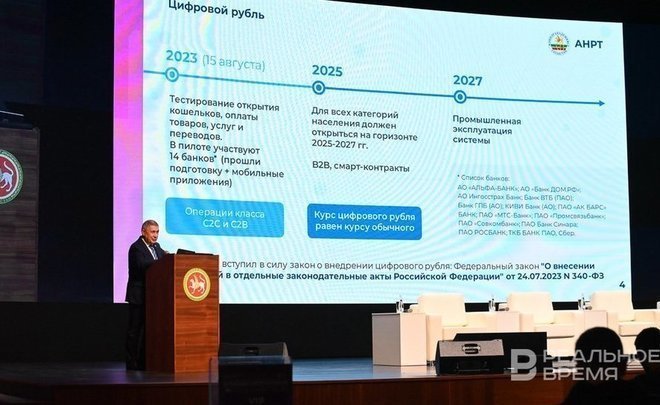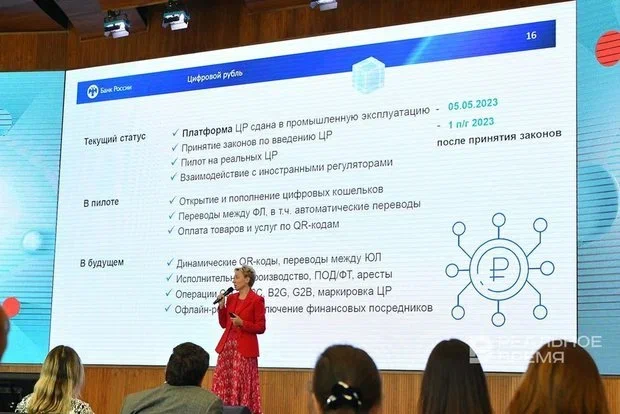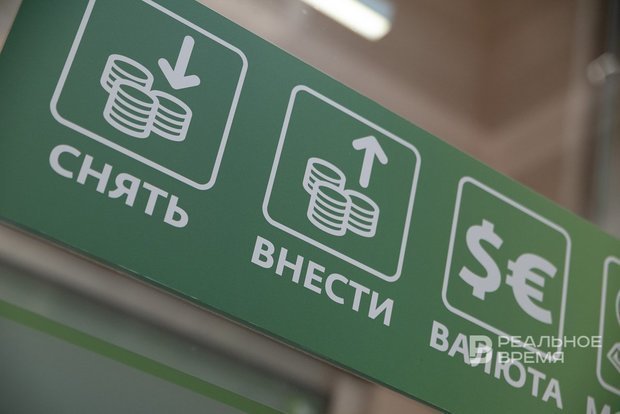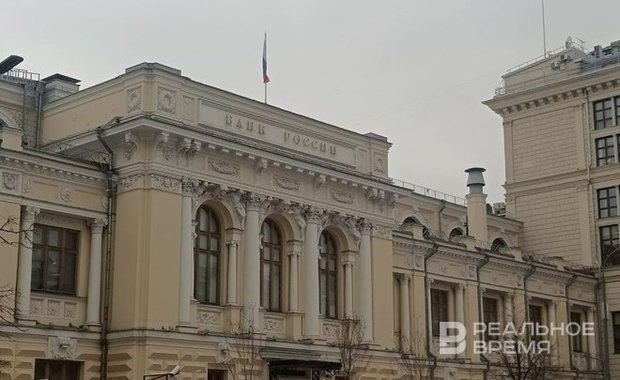‘Central Banks’ digital currencies are an unknown beast’

This week, the National Bank of Belarus announced the deadline for the full implementation of its digital national currency into mass circulation — 2026. This is a year later than the Russian ruble's one. Last August, First Deputy Chairman of the Bank of Russia Olga Skorobogatova stated that starting in 2025 citizens and businesses will be able to actively use the new form of the national currency, “naturally, at their will”. At the same time, in the law on the introduction of a new digital currency in Russia, its authors gave it more time to “adapt” — no later than 2030, the document says.

The experts interviewed by Realnoe Vremya believe that the current level of relations between Russia and the West, anti-Russian sanctions and pressure on Russian partners from other regions of the globe will accelerate the digitalisation of the banking sector and all monetary and cash transactions. However, acceleration increases the risk of errors. The involvement of friendly Belarus in this process, which is also suffering due to anti-Russian sanctions, is expected to give a synergistic effect at the interstate level in the future. But ordinary citizens should believe in the power of “digits”.
“To begin with, digital currencies must find trust within both countries… Therefore, I expect that at the stage of its implementation in both countries, businesses and the public will receive many advantages and bonuses associated with the use of digital currency," says Lyudmila Rokotyanskaya, an expert on the stock market of BCS World of Investments, adding that it should significantly simplify and reduce the cost of the process of cross-border payments in national currencies, bypassing the system accounts of international banks.

“It will also make them more transparent and secure," adds the director of the Retail Business Development Department of Svoy Bank JSC (part of IDF Eurasia Group), Nikita Ignatenko.
On the other hand, Rokotyanskaya continues, there are also negative cases of the introduction of digital currency.
“For example, Nigeria. There, the authorities decided to impose the use of digitalisation by force, limiting the turnover of cash. This led to mass riots… In general, the digital currencies of central banks are an unknown beast, with a lot of risks for society," Rokotyanskaya notes.
To avoid them, a balanced approach is needed, without excesses in the form of monopolisation of all settlements, reducing them to one center and full control over all spending by the population and business, as well as the possibility of centralised introduction of limits on the use of money.
As for cooperation with Belarus on the issue of digitalisation of the financial sector, according to the analyst, “everything is not quite clear yet”.
“In order for us to see the synergistic effect of the two currencies at the interstate level, additional infrastructure is needed in the form of an international digital currency settlement system. Such a system has already been proposed by China. They set trends in this area… We need an initiative from the heads of states. They must agree on the basis of which international system these settlements will take place. Who will control this system, etc.," explains the expert of BCS World of Investments.

The Kremlin is currently looking for a solution to these and a number of other problems.
“In the future, Russia wants to start to settle with other countries of the world with cryptocurrency, since the former channels of currency settlements are now fraught with difficulties and prohibitions. In this regard, the State Duma plans to adopt a bill that would allow the use of digital financial assets linked to grain or gold in international settlements as an alternative to SWIFT and SPFS systems. This issue has become especially relevant after the refusal of a number of Chinese and Turkish banks to cooperate with Russia due to the risk of falling under secondary sanctions," says Alexander Potavin, analyst at Finam Financial Group.
He also notes that the work of the Russian alternative to SWIFT, the Financial Messaging System (SPFS), to which 159 counterparties from 20 countries joined, is stalling. Therefore, a number of developing countries are thinking about switching to settlements in supranational currencies and creating an alternative infrastructure for such settlements.
“In this regard, the Central Bank has been hatching plans for the launch of the digital ruble for quite a long time, laying in its platform the possibility of integration with foreign analogues," says Potavin.